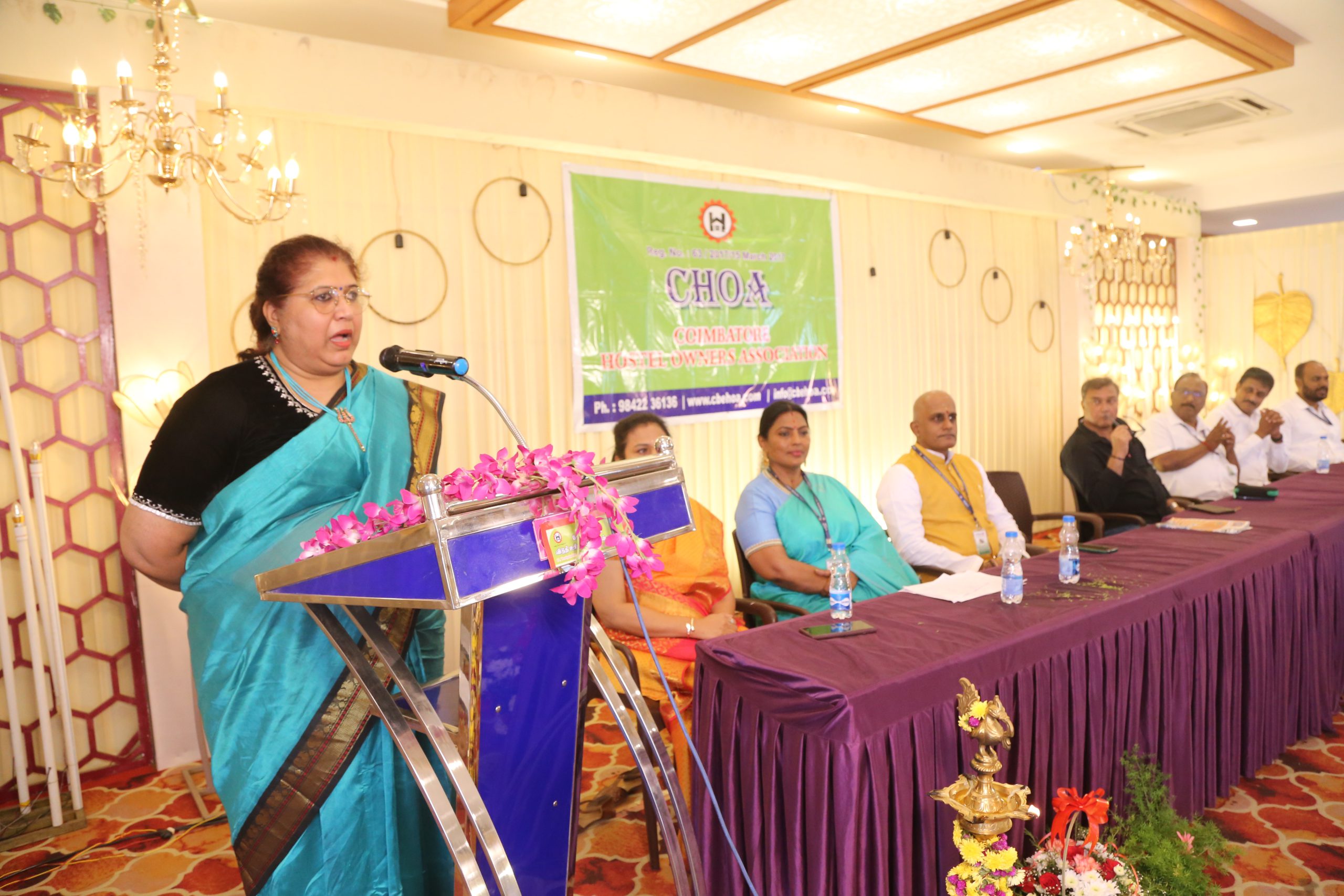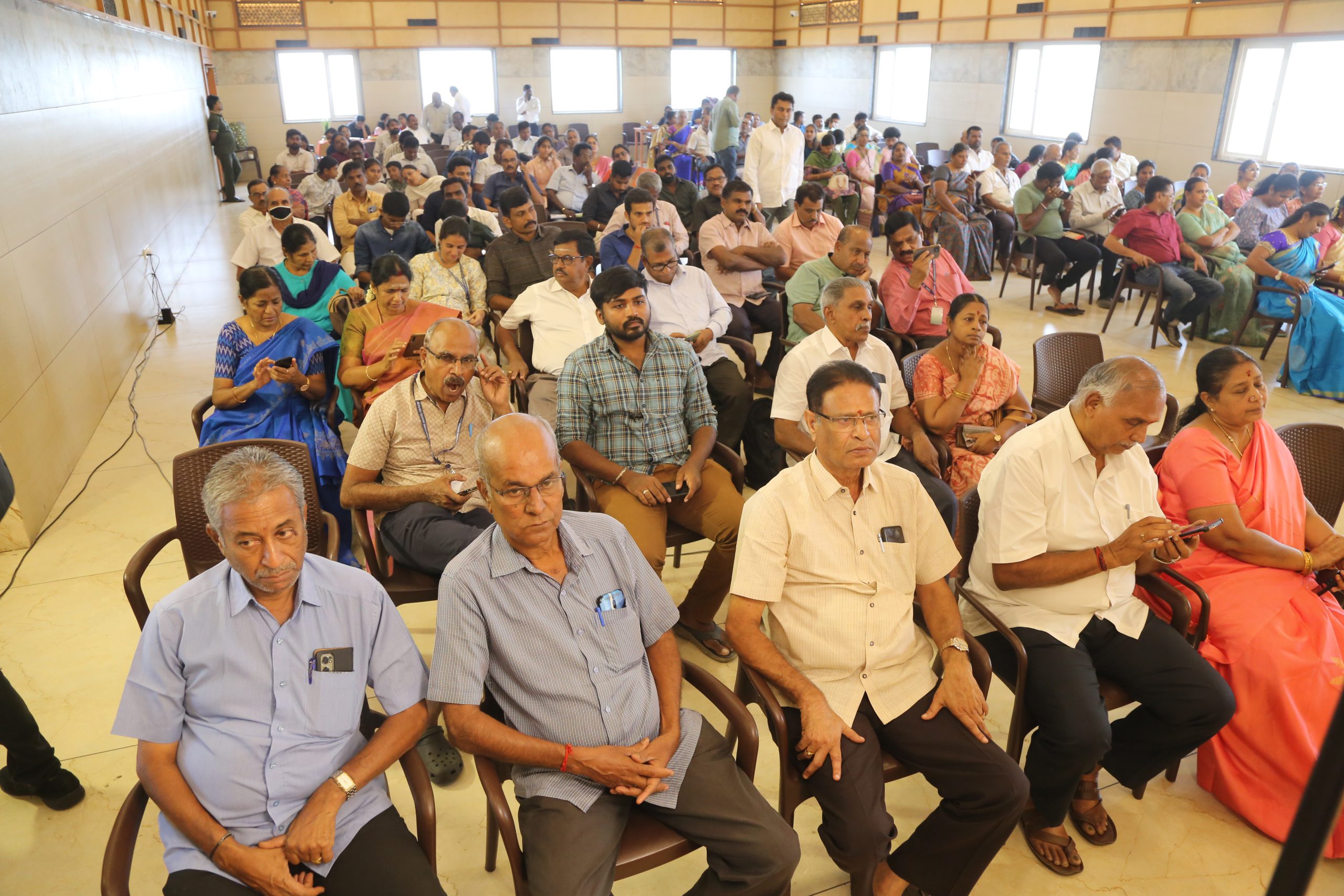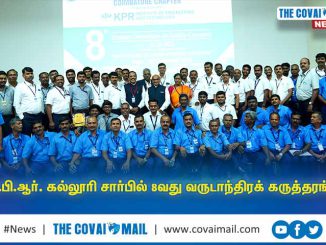
In a recent development, the GST department in Tamil Nadu rocked the boat by mandating all hostels and PG accommodation owners to implement 18% GST on the tariff charged from residents. This burdened our girls and women who are already in troubled waters due to existing social and economic challenges. The Coimbatore Hostel Owners Association sought clarification from the GST Authority for Advance Ruling by arguing that it constituted a residential service, thus qualifying for exemption.


Advocate Aparna Nandakumar, representing the association members, argued convincingly that the services provided by the petitioners, who run ladies’ hostels offering residential accommodation and food services, should be exempt from levying GST. The case has garnered attention due to its potential impact.
Justice Krishna Ramaswamy. Ruled that renting out the hostel rooms to the girls and working women the petitioners is exclusively for residential purposes. In his ruling, he made the following observations:
To live, every person must have a residential dwelling. The hostel rooms are the residential dwelling units for the girl students working women, etc. The residential dwelling varies from person to person.
As per the 2nd respondent’s perspective, a working woman, who is drawing the salary of around a sum of Rs. 15,000/- to Rs.20,000/- and paying hostel rent for around a sum of Rs.6,000/- will not be exempted from GST, whereas a Manager, who is working in a same office and can afford to pay around a sum of Rs.30,000/- to Rs.50,000/- as rent will be exempted from GST by citing the reason that the hostel accommodation would fall within the purview of GST. However, it is not the intention of the Legislature to tax the poor people.

In the present case, the imposition of GST on the Hostel accommodation should be viewed from the perspective of the recipient of service and not from the perspective of service provider. The imposition of GST is only on the recipient of service and the GST is going to be collected only from the recipient of the service and not from the service provider. As far as the service provider is concerned, he is collecting the GST from the recipient of the service and making deposits with the Central Government.
The GST Council directed hostel owners to collect 18% GST from their residents and pay the same to the government. This rule was overturned by the Madras High Court, which exempted the same after a case was filed by the Hostel Owner’s Association who claimed that residents wouldn’t be able to pay GST since many come from economically weaker sections of society.



